Nothing feels good like clearing your weekly load of laundry. However, noticing that your washing machine is not working well due to drain clogs can be discouraging. It is easy to wonder why washing machines clog, yet you don’t drain water with food particles or fat.The truth is that lint, debris, excessive suds, and small objects like coins can cause drain washer clogs. You can unclog the drain using a drain cleaner, a plumbing snake, or baking soda and vinegar.
Although blockage of plumbing systems like kitchen sinks, bathtubs, and toilets is easy to unclog, professionals advise against DIY drain washer clogs. Instead, you can hire a professional here to help with your laundry room plumbing. They will check your machine, the drains, and the sewer line connected to your laundry room.
What causes washing machine clogs?
Clogged washing machines cause a lot of inconvenience to the homeowner. Worse enough, washing machines are expensive to buy and repair, so most homeowners avoid the expense of replacing them. Drain washer clogs are repairable. Before looking at how to unclog drain washers, it is essential to know the causes of these clogs.
Lint and fabric build-up
If you wash small loads of laundry, it is easy to dismiss the importance of checking your machine for lint build-up. However, during the wash, small strings and pieces of clothes mix with the water and flow into the machine’s drain.
Besides blocking the drain washer, lint is highly flammable and can cause house fires. Failing to check the machine leads to lint build-up, and failure to clean it can cause clogs. If your lint catcher is blocked, follow the user manual instructions to remove it.

Small objects like coins
It is easy to wonder how a coin or notes ended up in a washing machine. Coins can get into the washing machine if you don’t check your pockets before doing laundry. As a result, they will cause clogs because they get stuck in the drain pipe.
Besides causing clogs, coins can cause mechanical damage to your machine, leading to costly repairs. If you suspect solid objects are in the drainage pipe, call a professional to remove them.
Always check your pockets before throwing the clothes in the washing machine. Remove all the coins, lip balm, or note bills to prevent drainage clogs.
Soap residue build-up
Soap residue is one of the leading causes of washing machine clogs—the residue forms when ions in hard water react with soap, forming an insoluble substance. Soft water also causes the detergent to produce more lather, contributing to machine drain clogs.
If you are using a new soap, ensure you read the instructions to see if it is usable in a washing machine. You should also use the right water quality to avoid scum.
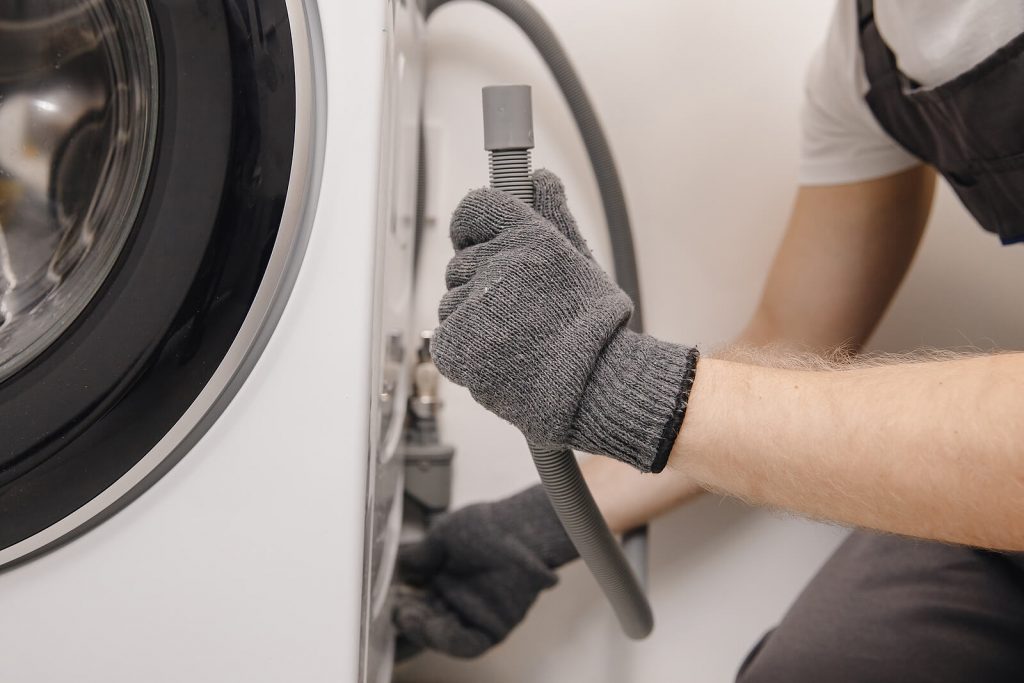
How to fix a clogged drain washer
If you just noticed that dirty water takes longer to drain from the washing machine, chances are the drain is clogged. Some of the ways to unclog it without causing more harm are;
Use baking soda and water
Baking soda makes one of the best homemade cleaning and unclogging solutions. The mixture is less harmful than factory-manufactured detergents, so it causes less harm to the pipes. Besides, baking soda is affordable.
Unclogging the drain washer with baking soda works best when using boiling water. Slowly unplug the washing machine and locate the drain pipe. Pour hot water into the line, and add a cup of baking soda. You can use a funnel when pouring the water into the tube.
Mix vinegar and water and pour into the drain pipe. Wait for the reaction to occur and see if the clog disappears. If not, hire a professional cleaner.
Use drain cleaner
If the vinegar and baking soda method did not work, you could opt for a drain cleaner. However, these are factory-made cleaners with corrosive ingredients that could damage pipes, so ensure you check the product’s ingredients carefully. You should also wear latex gloves when using the drain cleaner.
Unplug the machine and remove the drain hose to access the drain pipe. Then, based on the manufacturer’s instructions, pour the right amounts of the cleaner into the drain and wait for the reaction. Finally, rinse the line with hot water.

Use a plumbing snake
The two previous methods of unclogging a drain are less strenuous and would be the go-to method for most homeowners. However, if they do not work, you can try snaking the drain. Using a plumbing snake is not complicated, but it requires you to have some expertise.
Once you have unplugged the washing machine and located the drain pipe, push the plumbing snake into the line. Continue pushing it in until there is some resistance, which could be the objects causing the blockage.
You can push the debris using the plumbing snake until it disappears or pulls out the wire head to catch the dirt. However, dirty water might start coming out during the process. Wear latex gloves and use old towels to trap excess water from the drain.
Call a professional cleaner
Call a professional cleaner if you don’t have the expertise or experience to use these unclogging methods or are paranoid about unclogging your drain wash. The experts will find the root cause of the clog and use the right tools to clear the drains.

You can prevent drain wash clogs
Dealing with clogged washing machine drains is challenging, costly, and can lead to worse issues with your washing machine. However, you can prevent these clogs from happening by:
- Cleaning the drain pipes more frequently to remove any build-up dirt and prevent clogs
- Using soft water to clean your clothes and a suitable detergent to avoid soap scum
- Ensuring you don’t skip the annual inspections. Hiring a team of plumbers annually to check your plumbing systems, including the washing machine, should be taken seriously. The experts will check for the accumulation of lint and any problems that could cause clogs.
Final words
The clogged machine drains cause stress and anxiety to homeowners. The clogs could be due to accumulated lint, scum, or objects like coins that cannot dissolve in the drain. Use a snake to push or remove the solid objects. Thankfully, vinegar and baking soda can help to melt scum and oil, and grease. If you are not sure about these methods, call a professional plumber.











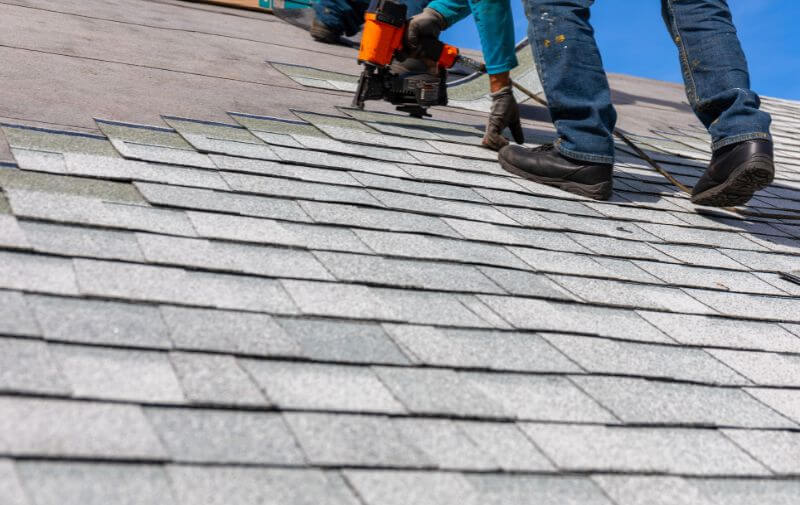
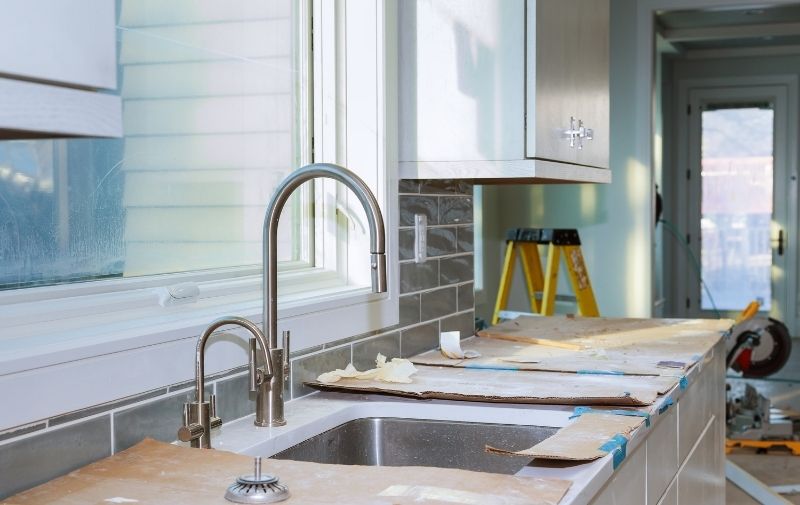


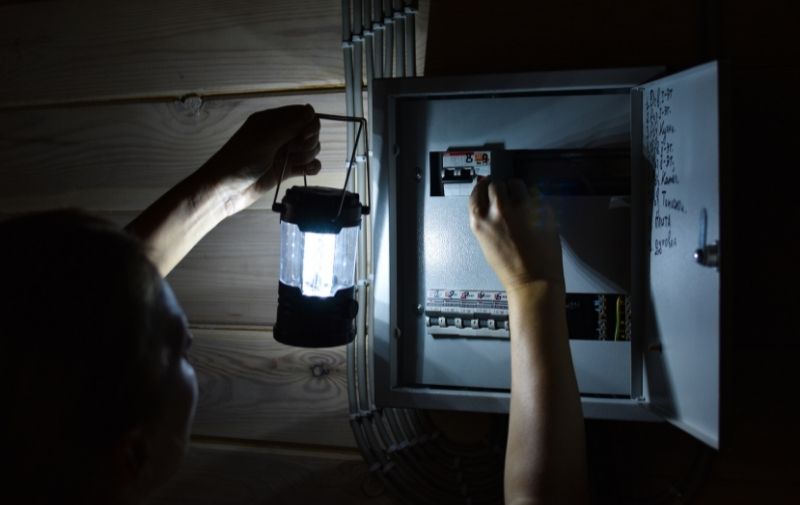
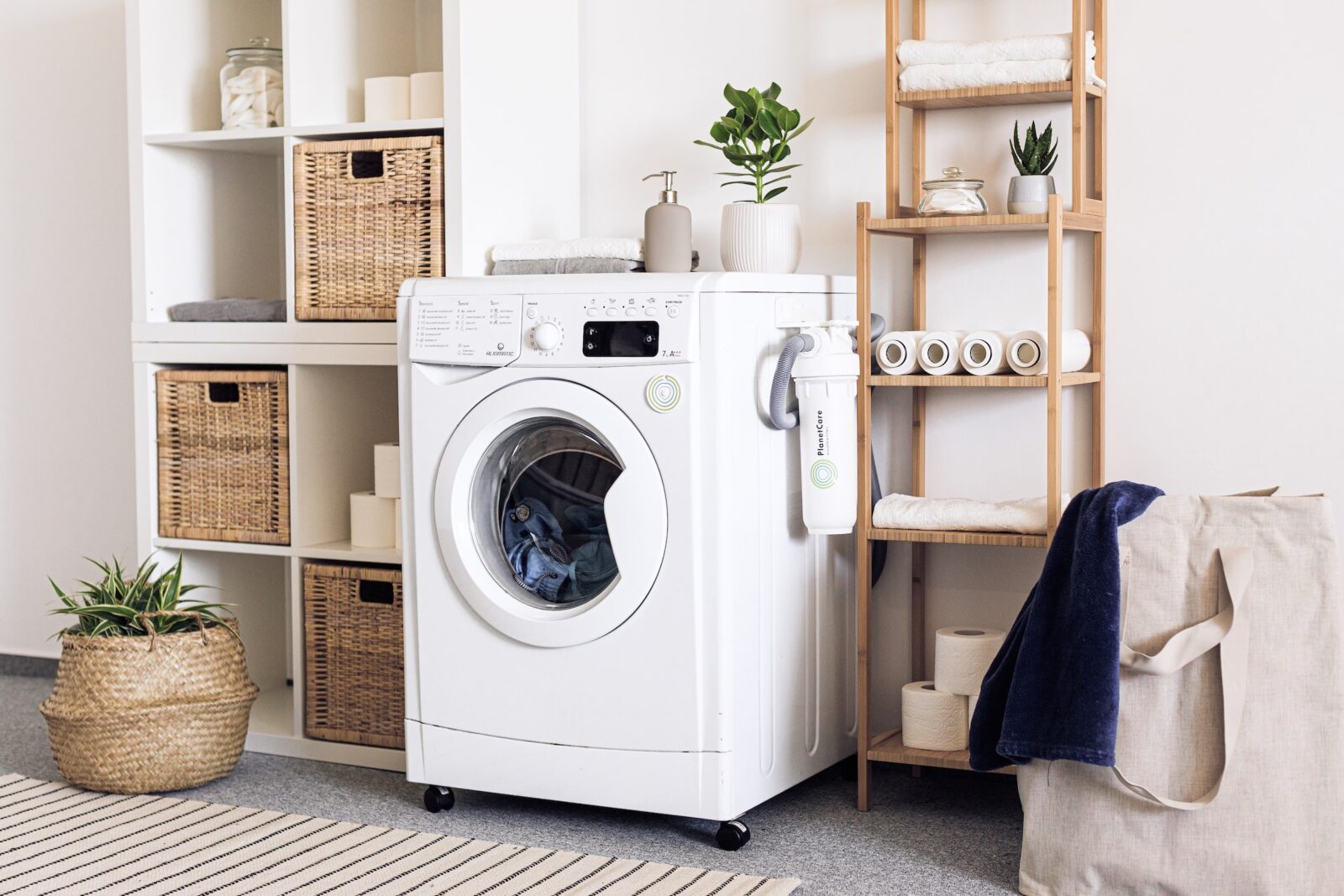




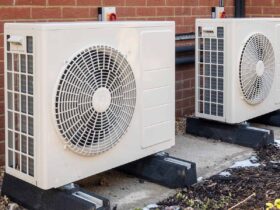
Leave a Reply